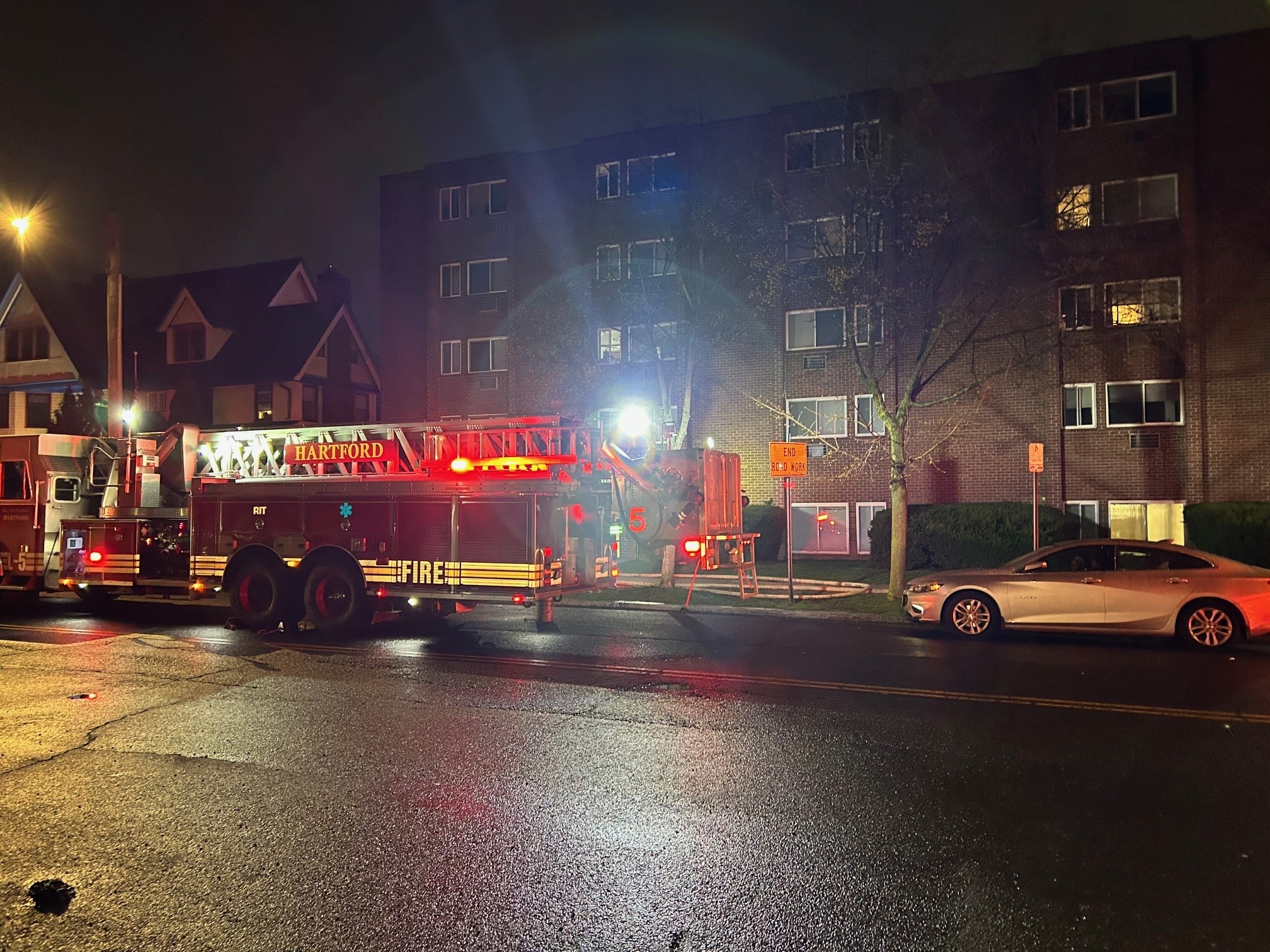More and more Connecticut residents are now joining the fight to push the federal government to consider reclassifying marijuana.
It's medicinal use has been life-changing for more than 9,000 patients across the state.
A handful of Connecticut patients sat down with Sen. Chris Murphy inside a dispensary in South Windsor to talk about medical marijuana on Wednesday.
Each person shared their story of how they went from pills to pot to improve their quality of life.
“When I come through I was like this, I was lethargic,” said James Hopkins of Broad Brook.
“It made me suicidal,” said one local veteran, speaking of the prescriptions he was taking.
“I literally could not eat unless I was medicated,” said another patient.
Local
Large amounts of narcotics and anti-psychotic drugs were temporary fixes for these patients.
For 15 years, Gary Pozzato feared his glaucoma would cause him to go blind.
“My eyes have actually improved taking medical marijuana,” Pozzato said.
The life-changing results for these patients show marijuana's positive effects on debilitating conditions they say, but it is still classified as a schedule I drug.
“This drug is currently classified as a narcotic with absolutely no medical benefits. That means that research can’t be done at the federal level, that means that insurers can't reimburse, that means that dispensaries can’t buy over state lines,” Sen. Murphy said.
Murphy said the government is standing in the way of science and good health. That’s why he’s supporting legislation to reclassify marijuana as a Schedule II drug, so insurance companies can cover it and consumers can pay less for it.
“I have patients coming in here telling me it’s between paying my rent, making my rent payment on time or getting my medicine,” said Thomas Nichols, CEO of Prime Wellness of Connecticut, the South Windsor dispensary.
A co-pay could eventually cover the cost if Congress moves to change the law.



